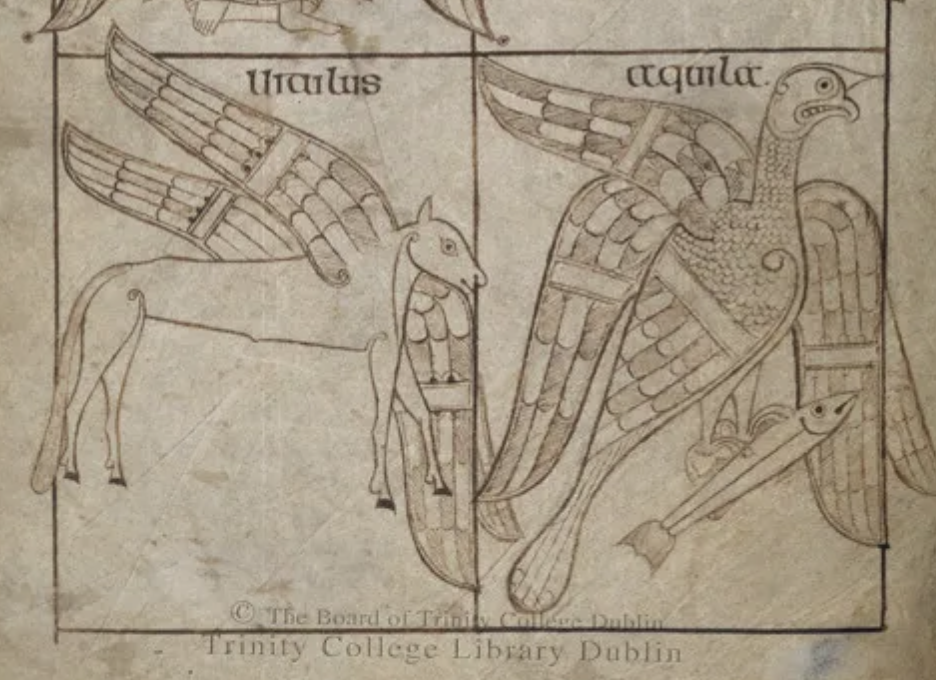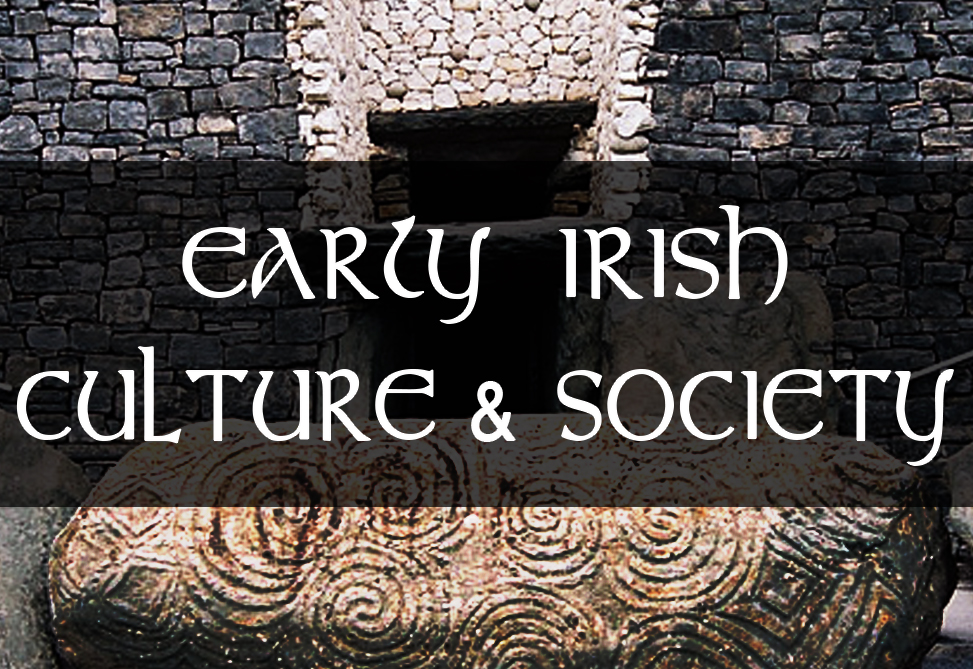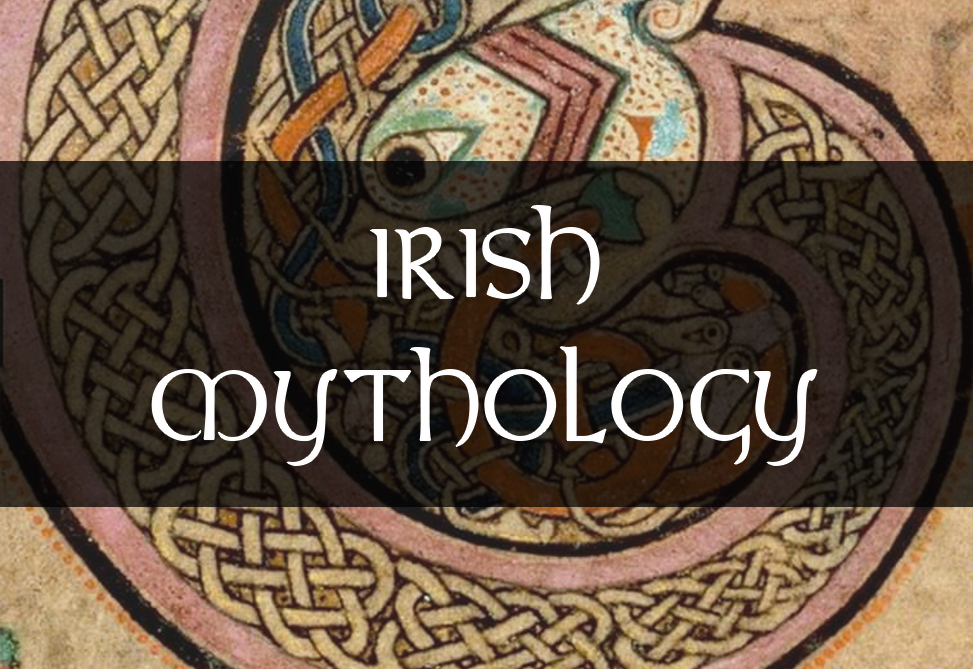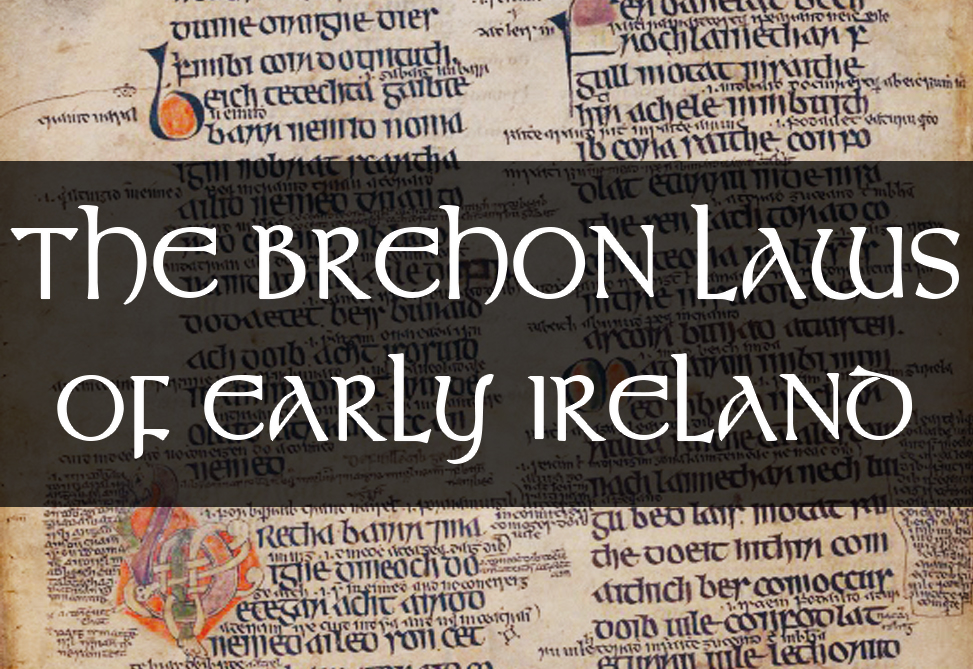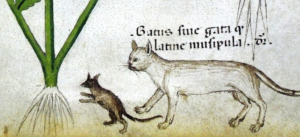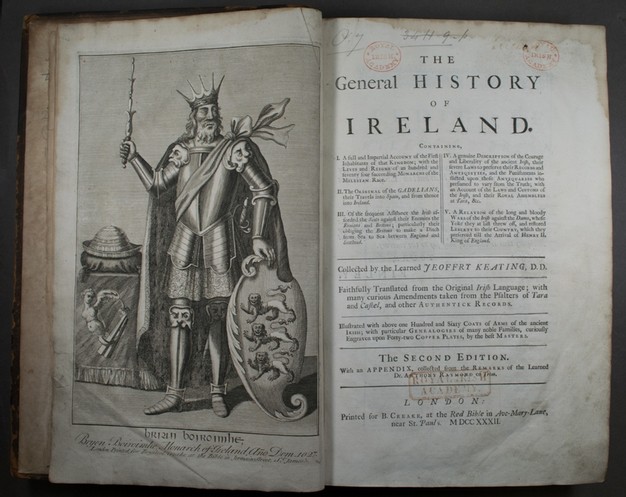From at least the 14th-century onwards, custody of the Book of Armagh was entrusted to the Mac an Mhaoir (MacMoyer) clan–an appropriate name considering that it translates to ‘son of the stewards’ or ‘the wardens’.
Florence MacMoyer was born at Ballymoyer in the latter part of the 17th-century and would come to be known as the last hereditary keeper of the Book of Armagh after he pawned it in 1680 to raise £5 (comparable to about £1,130 today) so he could travel to London along with his uncle, Fr. Frances (John) MacMoyer, a Franciscan friar.

St. Luke’s Church of Ireland, Ballymoyer Ballymoyer, Whitecross.
They sought to give evidence at the trial of the Catholic Archbishop of Armagh, Oliver Plunkett, who faced allegations of high treason. Florence was the first to testify claiming Plunkett and others conspired to bring about the invasion of Ireland by 70,000 French soldiers. When Fr. Frances’ turn came to testify he was so drunk and concocted such a conceited story that he fled from the court in fear the jury might hang him.

Book of Armagh.
In truth, it was the MacMoyers who had been conspiring against Plunkett and were now shamelessly perjuring themselves. They had devised a contrived plot to destroy his reputation in revenge for a private quarrel. While Plunkett proclaimed as such and protested his innocence, other opportunistic ‘witnesses’ supported the MacMoyer’s claims with their own perjured stories and the evidence played the decisive role in a verdict to convict Oliver Plunkett in June 1681.
On July 1st, Oliver Plunkett was given a traitor’s death being hanged, drawn, and quartered, at Tyburn, England. Plunkett’s body was later exhumed and his remains sent to locations in England, Germany, Rome, and Ireland–his head is on display at St. Plunkett’s Church in Drogheda (see below), he was beatified in 1920 and canonized a saint in 1975.

Martyr, Archbishop and Primate of All Ireland
By August of 1681, the guilty MacMoyers had already been excommunicated by the Church, and they later served prison time for their crimes. Their old noble clan felt such shame was brought to their name that they resolved to change it from Mac an Mhaoir to the similar sounding MacUidhir, which is anglicised as MacGuire (Maguire).
From that pawn shop in 1680, the Book of Armagh passed through various owners before finally being housed in the library of Trinity College Dublin. Florence MacMoyer was hardly seen again after the affair until he emerged in 1709 seeking forgiveness from a man that was both priest and poet, Patrick Donnelly. Donnelly was then bishop of Dromore, and Vicar-General of Armagh but was otherwise known as the Bard of Armagh.
We do not know if MacMoyer found the absolution he was seeking but we do know his gravestone at Ballymoyer became a pilgrimage of disrespect. Florence MacMoyer the last hereditary steward of the Book of Armagh and the last of a great family name.
